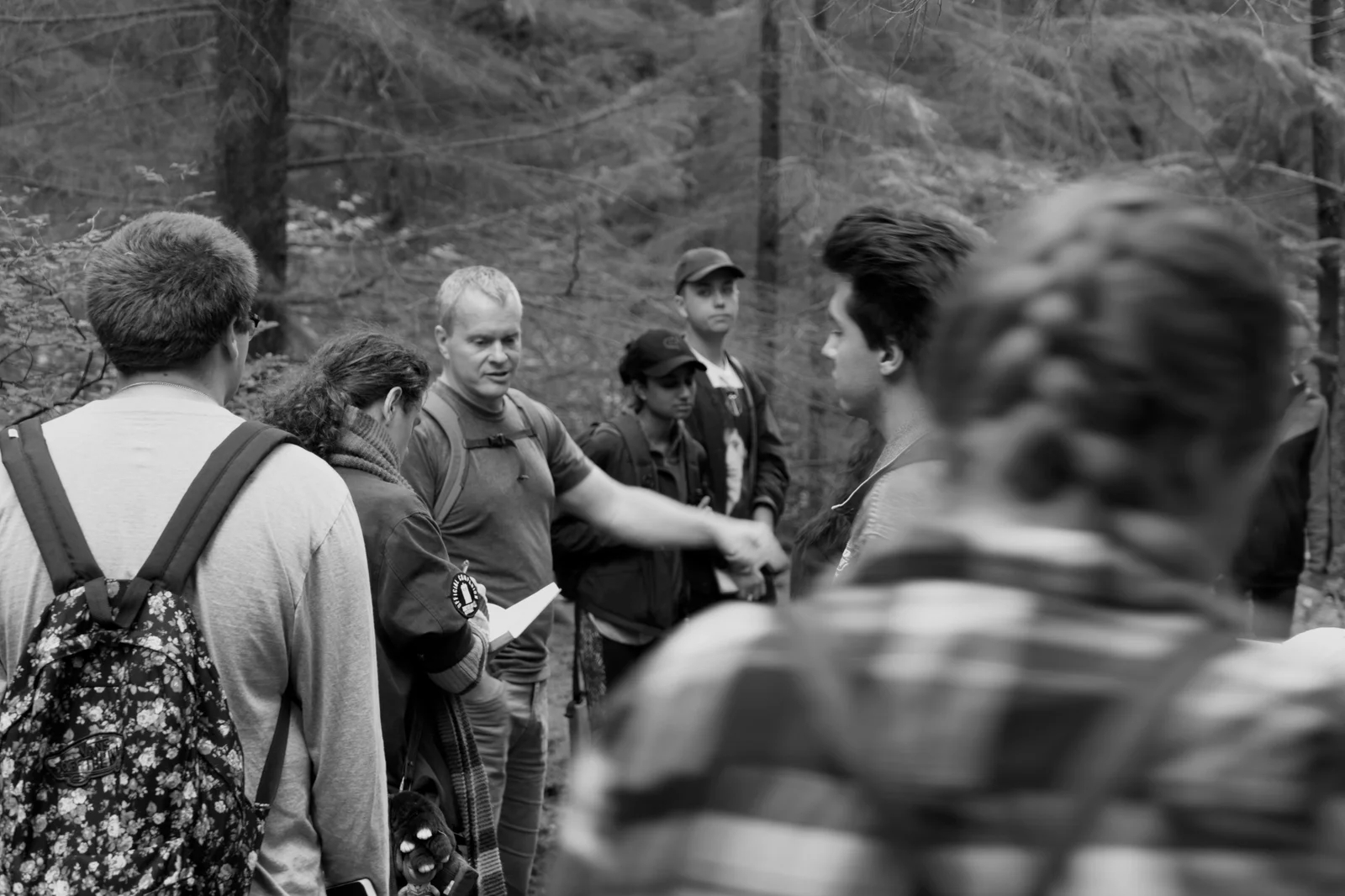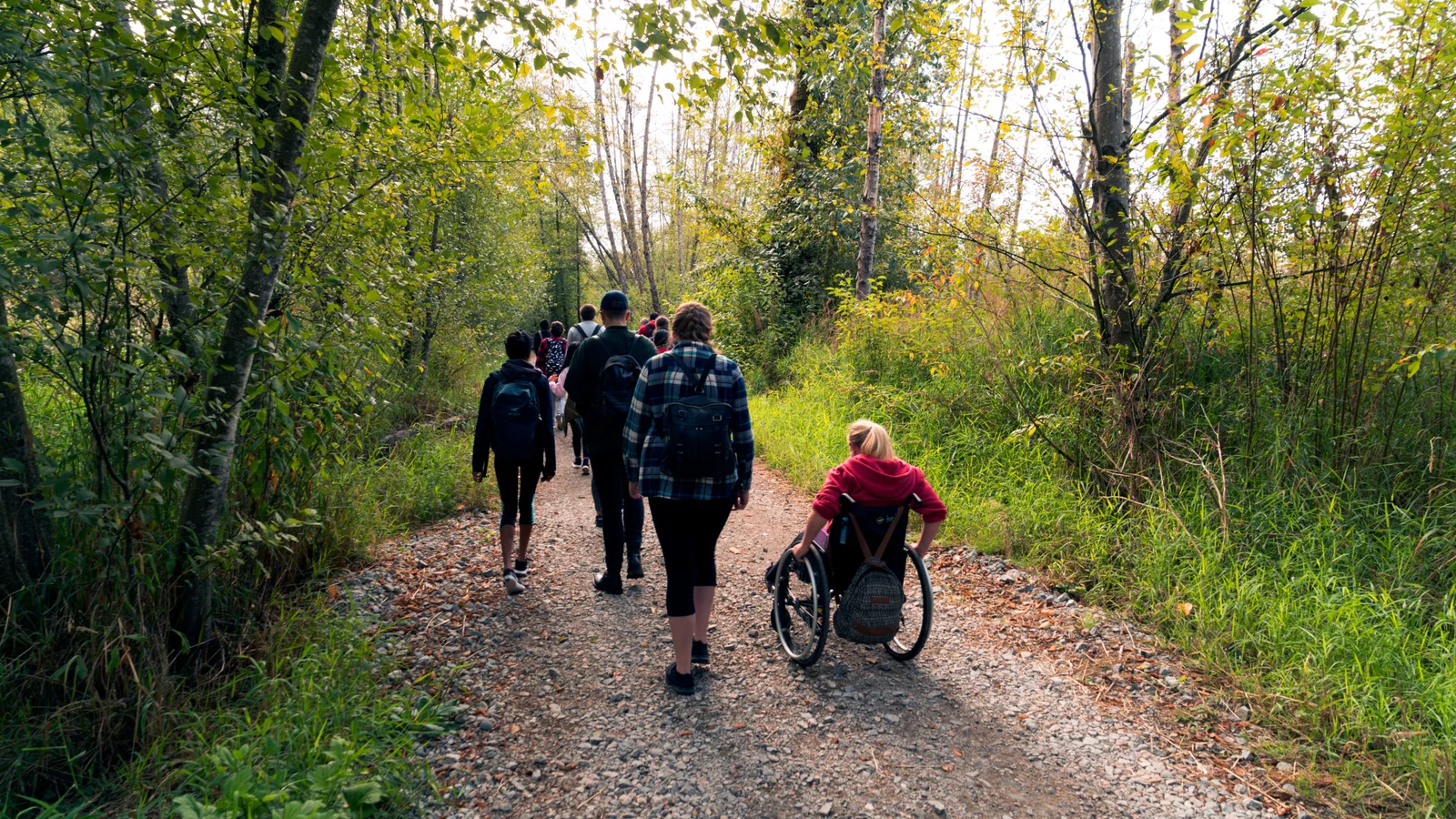Much is known about how to cultivate healthy development for youth and adults — what we need, when and how we need it — and much is known about the stark contrast between healthy human development and the methods of contemporary education (primary, secondary, and post-secondary). Consequently, in my educational consulting, I focus on possibilities for more holistic, innovative, and developmental approaches in teaching and learning. It might seem that the academic context would perhaps be more straightforward than the other areas of my work — trauma, addictions, mental illness, and so on — but the academic context is complex and nuanced in its own unique way. The gap between the potential of education (if we built it from an evidence-based lens of human development) and the reality of education (classrooms, grades, rote assignments, etc.) is vast — and yet the practices of mainstream education are so normalized and ubiquitous that it’s tough for many people to recognize how much improvement might be made. Educational culture has a particular momentum (or, to put it less kindly, a particular inertia). Working with educators (and educational institutions) that seek to adjust the trajectory of that momentum is, for me, an interesting and purposeful challenge.
My writings on educational renewal have been published in various peer-reviewed academic journals and books. In particular, my projects focused on learning in natural environments and cultivating wonder in education have been of interest to many educators.
I’ve worked with many educational institutions and mentored many educators. Here’s a selected list: UBC Teacher Education, SFU Learning and Teaching with Technology Field School, Capilano University, Antioch University, the Justice Institute of BC, Langara College, Vancouver Community College, Douglas College, Southridge School, Brentwood College School, Meadowridge School, St. George’s School, Crofton House School, York House School, the BC Association for Supervision and Curriculum Development, the BC Principals and Vice-Principals Association, the Campbell River School District, the Vancouver School District, the Delta School District, the Langley School District, the Mission School District, the City of Surrey English Language Learner Welcome Centre, the Hannah Education Centre, and many other schools and programs — public and private, primary through post-secondary.
For information about workshops and training offered by Ross Laird, please visit this page or contact Ross directly.

On the trail in Burns Bog, the largest urban wilderness in North America. The banner image at the top of this page is from Deas Island Park, in Richmond, British Columbia. Natural environments are the original contexts for learning and personal development; their use in contemporary education is an urgent and complex theme.
